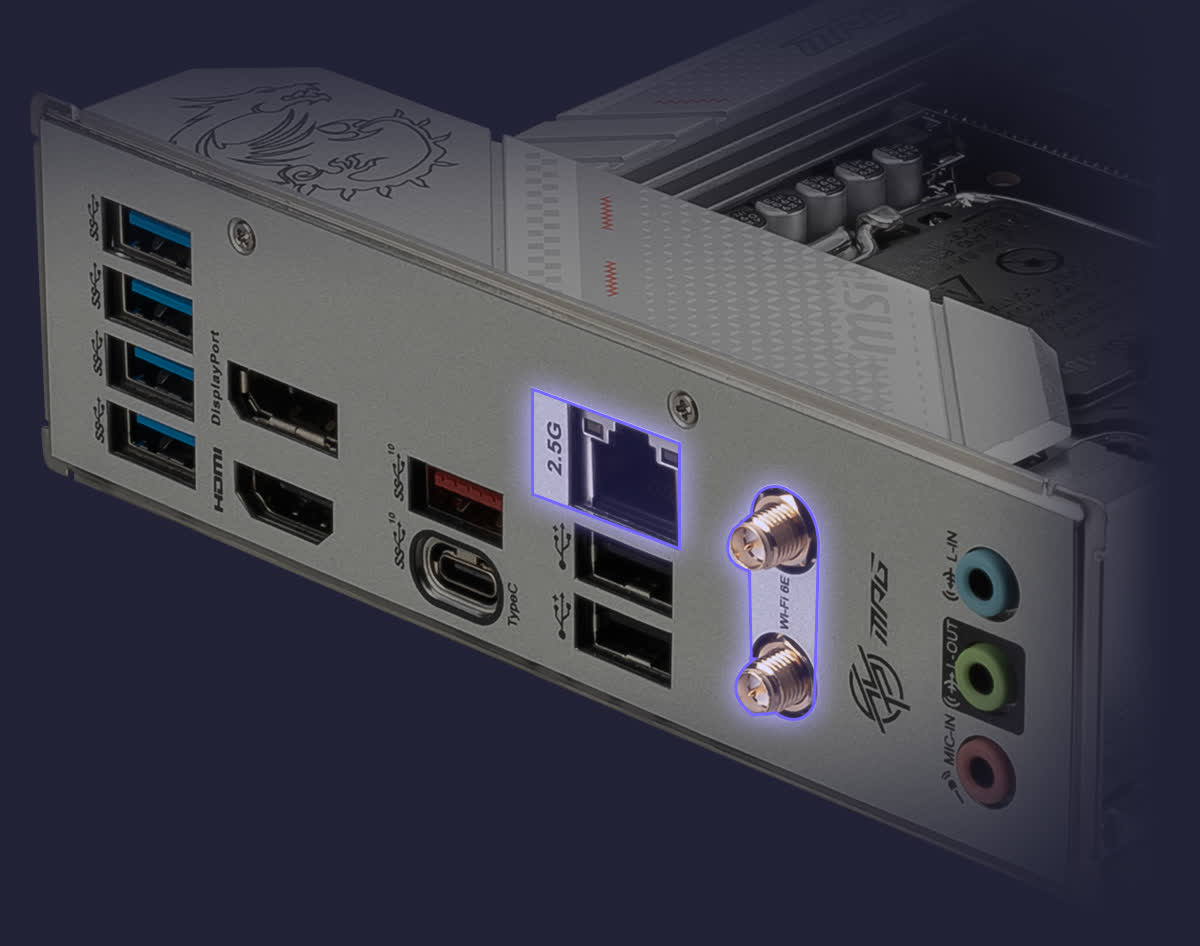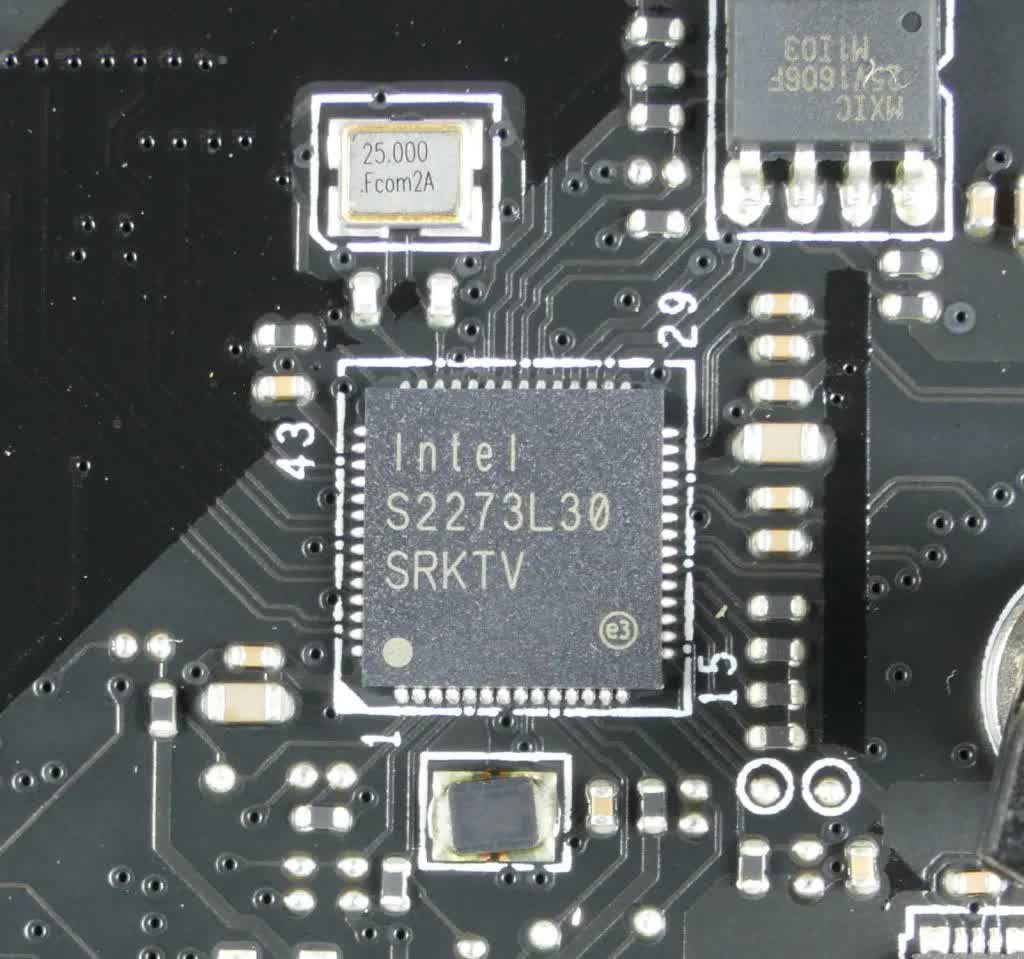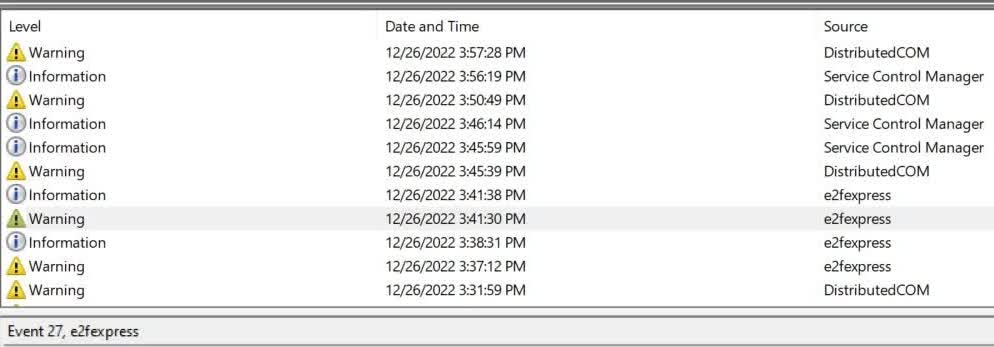Why it matters: A suspected design flaw in Intel's I226-V Ethernet controller is causing connectivity interruptions on some Intel z700-series motherboards. The break, which has been reported on multiple forums since late last year, typically lasts several seconds and occurs without warning. The issue is specific to Intel's 2.5GbE controller on the impacted boards and does not affect Realtek, Marvell, or other types of onboard controllers.

According to research conducted by the team at TechPowerUp, the issue is attributed to the I226-V controller when running in its default 2.5 GbE state. The short duration connectivity drops occur at random and may not be noticeable by some users depending on their specific activity level. It does, however, create a noticeable impact to any users engaged in tasks or activities requiring a steady, reliable connection such as gaming, streaming, or using any PC-based communication tools.
There is currently no known fix for the issue, and the embedded controller is far from replaceable or serviceable for the common user. The team did report several workarounds, which include using the board's onboard wireless capability or buying and installing a PCIe network adapter. Higher-tier boards may also be able to avoid the issue by using any additional onboard connectivity options that do not tap into the same Intel-based solution. Driver and firmware updates have proven ineffective in resolving the issue thus far.

Users who suspect they may be affected can easily verify any related warnings using Windows Event Viewer. The events are labeled as e2fexpress in the viewer's source column with an Event ID of 27. Clicking on the warning will provide additional information, which specifically names the Intel(R) Ethernet Controller I226-V.
The faulty controller creates yet another stumbling block in Intel's line of cost effective but problematic onboard network controllers. The controller's predecessor, the I225-V, was already known to have its fair share of issues over the last several years. Users reported similar connectivity problems to those described above, right down to the loss of connectivity and the reported Event Viewer entry ID 27. The I225-V's connectivity issues could be worked around by forcing the adapter to run at 1 GbE.
Unfortunately for 700-series users, the 1 GbE workaround doesn't hold true for the I226-V's issues. This leaves low- to mid-tier board owners requiring a wired connection in a very unfortunate position where they'll likely have to spend additional money to retain core functionality. Hopefully Intel finds a way to address the current situation, as requiring users to buy another piece of hardware to augment an already-known faulty component is hardly acceptable.
Image credit: Steve's Hardware
